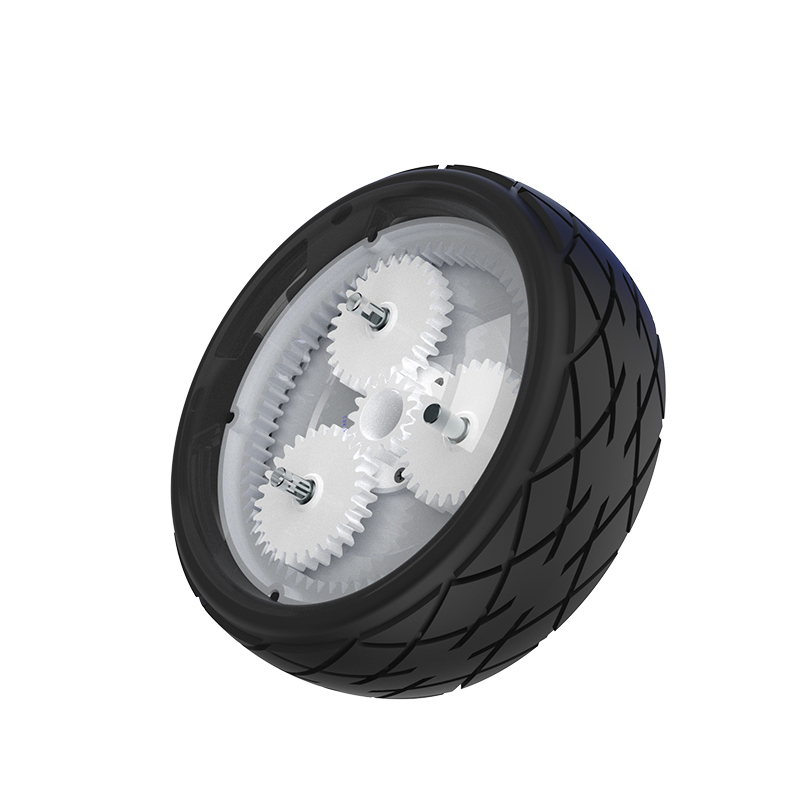Imagine this: you're sitting at your desk, eyeing a project that’s grown more tangled than a spaghetti bowl. Old monolithic apps are fine, but when you're trying to scale, adapt, or just keep things clean, they start acting up. Enter microservices, especially wielded with Node.js — the game changer.

Node.js isn’t just a JavaScript runtime; it’s like the Swiss Army knife for building fast, scalable, and lightweight microservices. Its event-driven, non-blocking I/O model makes it perfect for handling multiple requests simultaneously. Think of it like flipping on all the lights in a room—everything gets illuminated at once, no delays. When you split your application into tiny, independent pieces, each microservice becomes a little powerhouse that can be developed, deployed, and scaled on its own.
Let’s talk about the real-world perks. Imagine a retail platform with separate microservices for inventory, payments, customer data, and recommendations. If one needs an update, you can just tweak that part without bringing down the whole store. No more waiting days for a system overhaul. Node.js makes this a reality. Plus, its vibrant ecosystem means plenty of tools, modules, and community support. Things get rolling faster.
Now, why is Node.js especially good for microservices? Because it’s lightweight. Unlike that heavy, clunky server you’re trying to work with, Node runs lean, consuming fewer resources. That means less hardware, less cost, and more room to breathe. Want your app to respond in milliseconds? No sweat. Node’s event loop keeps things snappy. The asynchronous nature means you can handle multiple API calls at once — perfect for microservices architecture where each service is talking to others constantly.
Some might wonder, “Isn’t it risky to split everything up? How do I keep it organized?” The answer is, with a good structure and some clever API management. Microservices aren’t a free-for-all; they’re a carefully crafted web of interconnected pieces. Node.js’ modular design lends itself to that, giving developers the freedom to build, test, and update a small chunk at a time.
Plus, deploying microservices with Node.js lets you experiment. Want to launch that new feature quickly? Just spin up a small service, test, then roll out. It’s like having a sandbox for your code. Scalability comes naturally—more traffic? Just increase resources for specific services instead of upgrading everything at once.
The real clincher? Flexibility. Whether you're working with a small startup or a large enterprise, adopting microservices with Node.js is almost a no-brainer. It’s like shifting gears smoothly when you’re cruising on the highway—powerful, efficient, and ready to adapt on the fly.
In the end, it’s about making your architecture smarter. Why stick to outdated models when you can harness a modern approach? Microservices driven by Node.js aren’t just a trend—they’re the ticket to building resilient, scalable, and nimble applications that stand the test of time.
Established in 2005, Kpower has been dedicated to a professional compact motion unit manufacturer, headquartered in Dongguan, Guangdong Province, China. Leveraging innovations in modular drive technology, Kpower integrates high-performance motors, precision reducers, and multi-protocol control systems to provide efficient and customized smart drive system solutions. Kpower has delivered professional drive system solutions to over 500 enterprise clients globally with products covering various fields such as Smart Home Systems, Automatic Electronics, Robotics, Precision Agriculture, Drones, and Industrial Automation.




































